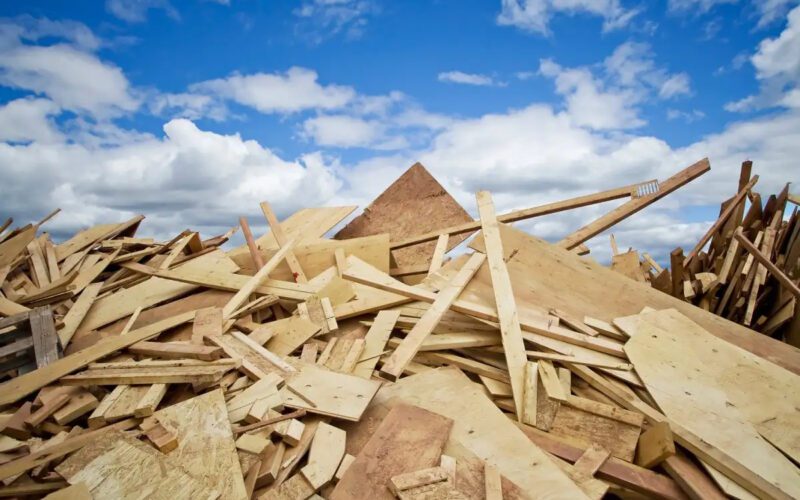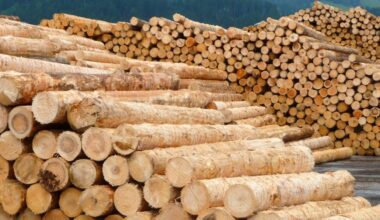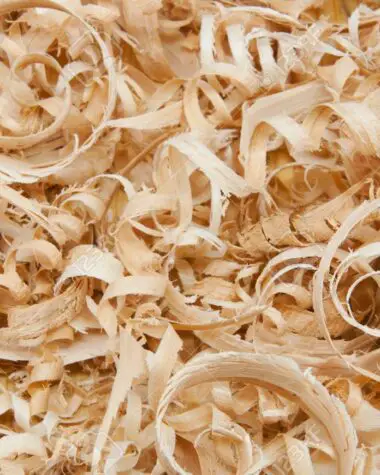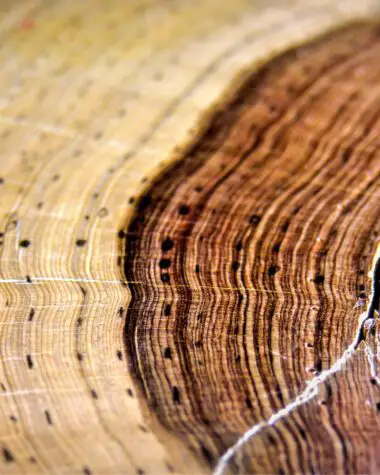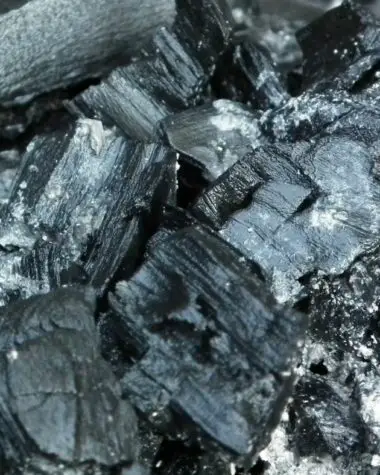The use of wood has gone very diverse, which only proves its productive impact on society. But when people neglect their worth as useful materials, they will ruin the environment itself. People cannot just throw them away after using them in decorations, furniture, and constructions. Of all the things we use every day, the only truly recyclable and sustainable raw material is wood. So yes, wood is recyclable.
Wood As A Natural Resource
Wood is the most environmentally-friendly raw material that is readily available everywhere. Thousands of products we use daily are made from wood or have wood components. These products are used in our homes and furniture.
Chemicals, medicines, clothing fiber, carbon fiber, food, energy products, containers, and many other things come from wood. You can extract organic aspirin from willows, fabric from wood pulp, and buildings made from strong wood.
Forests can grow back after a harvest. However, other natural resources such as metal ores, coal, petroleum, and natural gas cannot do so. The extraction and processing of wood also use very little energy compared to the processing of other materials. With wood, you can reduce, reuse, and recycle.
Wood As A Recyclable Resource
When waste wood is produced, it is frequently placed in a large waste container, which is subsequently picked up by a waste management business and transported to a materials recovery facility. Waste wood is graded and processed at this facility before being shipped elsewhere for recycling or recovery. Nonrecycled wood is likely to end up in landfills, where it serves no purpose.
Waste wood is most commonly produced in the industrial, commercial, and domestic sectors but also in the construction and demolition industries. Only 15% of the nearly 16 million tonnes of waste wood produced worldwide is recycled. Individuals in all businesses must comprehend the significance of recycling wood if they are to benefit the environment and enjoy the following advantages.
The Benefits of Wood Recycling
Recycling wood is a good idea for some to make old ones come to life. Beyond this notion, recycling comes with benefits that have a greater scope of effects on humans. Thus, here are the benefits of wood recycling that you should know to elevate your knowledge about sustainable wood use.
It Preserves Natural Resources
The need for cutting down trees decreases as more wood is recycled. Trees are essential for maintaining ecosystems because they provide oxygen and have a favorable effect on the environment. Although the ability of trees to regenerate makes wood from trees considered sustainable, it takes years to replant and restock woodland to meet the demand.
It Minimizes Global Warming
As cutting of trees decreases, it paves the way to generating power to combat global warming. Trees produce oxygen and absorb CO2, a greenhouse gas contributing to global warming. One of the most important issues in the effort to slow global warming is the protection of trees.
It Avoids Waste In Landfill
Landfills are well known for their detrimental effects on local and global ecosystems and individuals. Waste wood disposed of in landfills contributes to negative effects and serves no useful use, unlike when recycled.
Businesses and individuals must divert as much garbage as possible, including wood, away from landfills to achieve zero-waste-to-landfill, which will prevent chemical leaching, unpleasant odors, biodiversity loss, and many other landfill-related effects.
Not All Wood Is Recyclable
Even while wood can be recycled, not all types of wood can. These kinds of wood are not regarded as recyclable resources.
- Wood that has undergone chemical treatment.
- Wood that has been soiled or painted.
Recycling Processes
For those who are wondering, how is wood recycled? – let’s take a look at the following procedure.
- When scrap wood is gathered, it is taken to recycling facilities for sorting, separating, and processing purposes.
- The waste wood is then put through a wood shredder, which is reduced to different sizes according to its intended purpose.
- After that, the shredded wood is split and filtered.
- While little wood fibers are utilized to create things like animal bedding, larger chunks of salvaged wood are repurposed to construct furniture.
Creative Ideas to Recycle Wood
Creativity is not only limited to the arts. In woodworking, you can also use your imagination to recycle wood to yield environmental and commercial benefits. Below are a few simple yet inventive things you can do with old wood.
Wall Decoration
Creating a decorative wall wood indicates the old wood is still flexible for this purpose. The wood needs to be chopped into various designs and forms. It is entirely up to your imagination what shapes you can cut it into. After cutting it, you can polish it. After that, you may hang it on the wall for the ideal decorating.
Book Case
Reading helps a lot, especially if you add some spice to it. To do this, you may invent your bookcase out of recycled wood. These woods can be used as compartments. Feed yourself with knowledge while helping the environment.
Table
It shall complete the set of your reading area. You have the bookcase in one corner and a table on one side. You need time to build this one and the tools you need. Furthermore, your recycled table is lovely furniture to gather your family around and eat together.
Compost Box
It’s time to add more levels to your love for nature. Old wood can create a tiny compost box for your yard. In addition to lowering the amount of waste sent to landfills, it also makes it easier to produce mulch for your garden.
Conclusion
Wood is considered one of the most versatile materials on the planet. You can use wood in a variety of ways because it is recyclable. It means that when people find it unpurposeful, creative minds can transform into a new one. They just need to be creative and read some facts about wood to help them arrive at new ideas about wood recycling.
